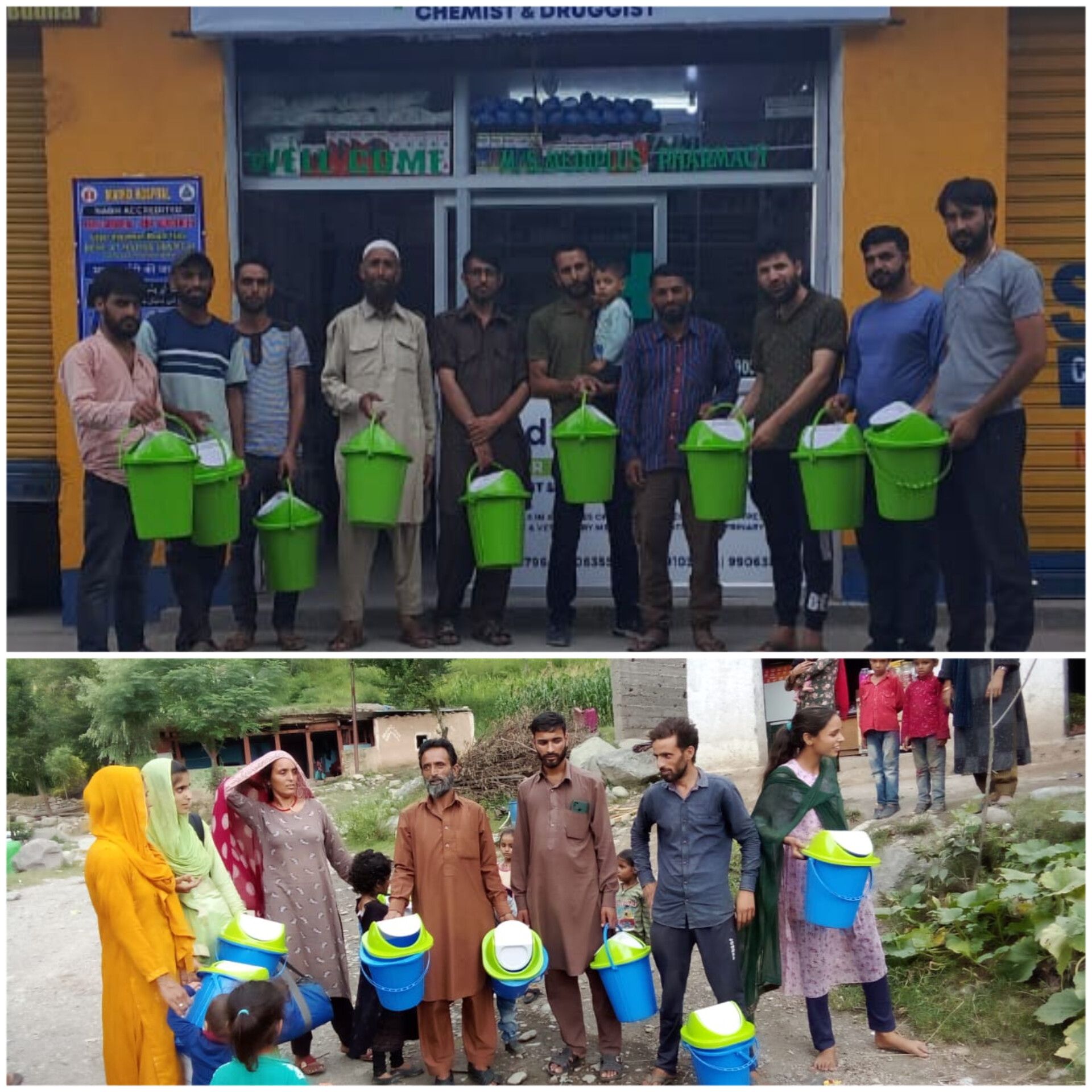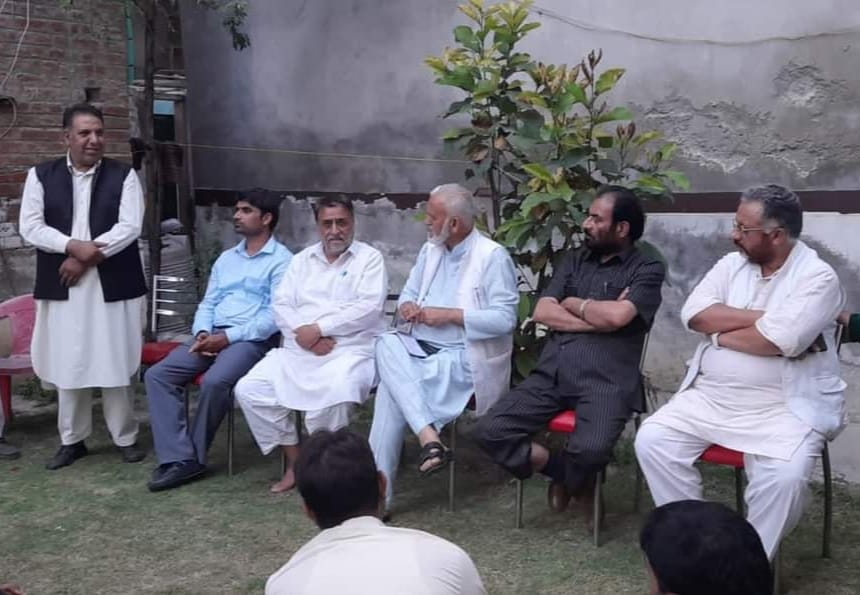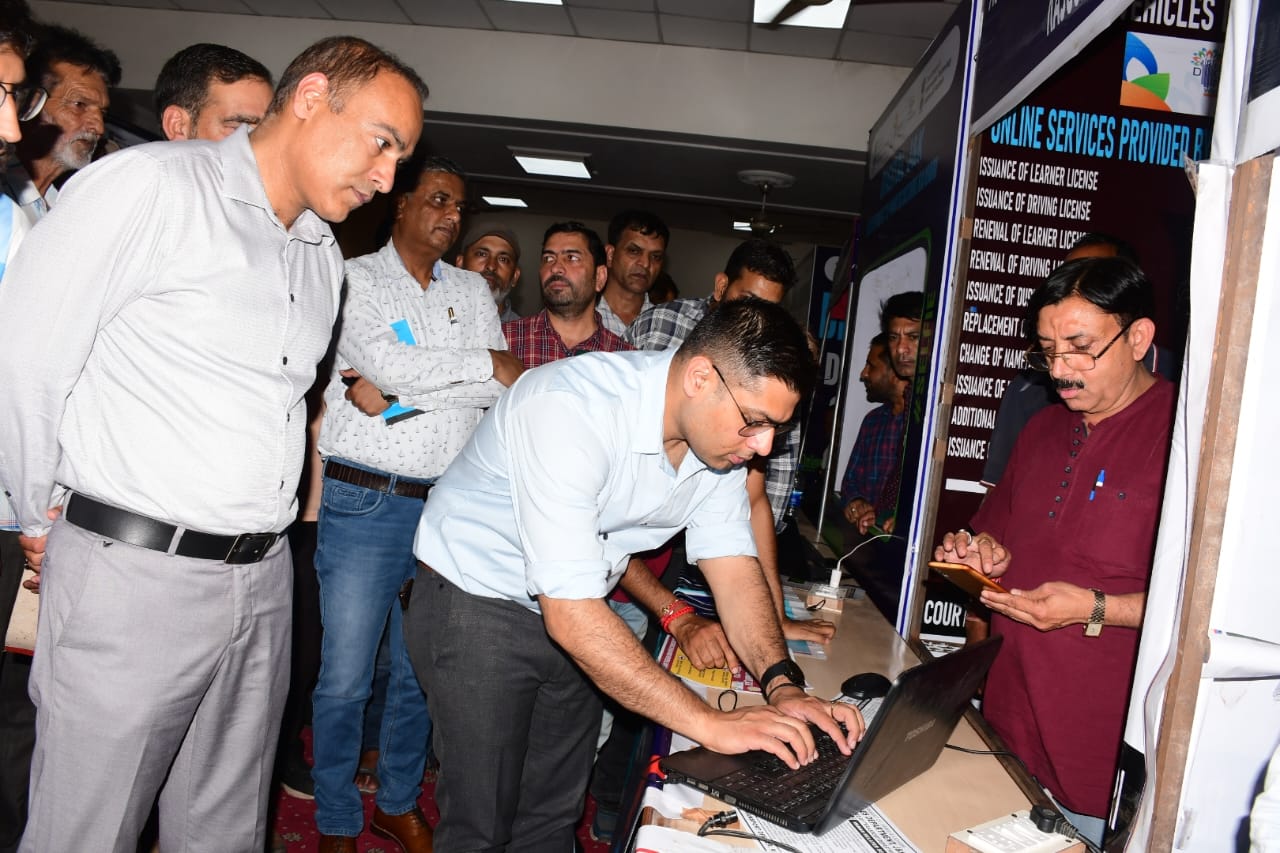One Nation, One Election’: Terms Of 10 State Assemblies To End Before Or Around 2024 Lok Sabha Elections
GNS ONLINE NEWS PORTAL NEW DELHI, SEPTEMBER 01:– The constitution of a committee by the Centre to explore the feasibility of “one nation, one election” has opened up the possibility of Lok Sabha polls being advanced so that they could be held with a string of state assembly polls. Headed by former president Ram Nath … Read more







